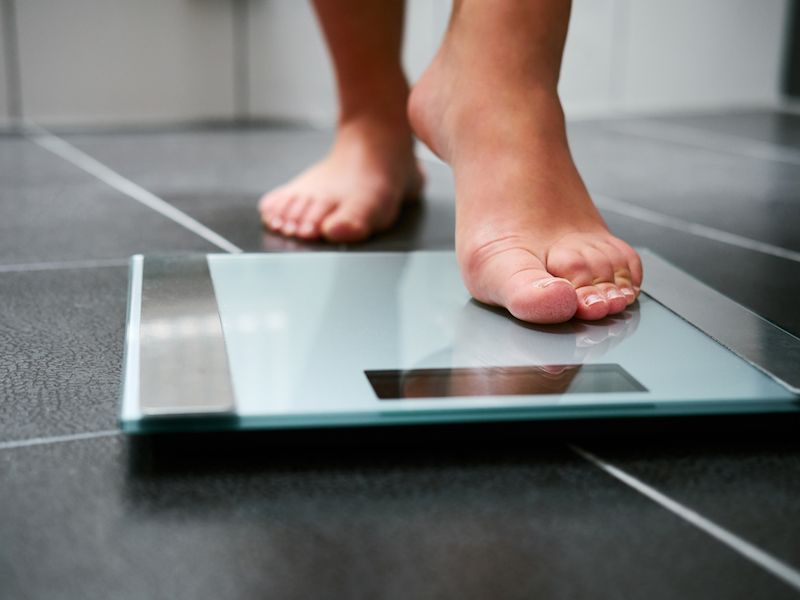
It’s well recognized, that over longer periods of time, overeating will be detrimental to your health. Obesity is connected to several health conditions. Heart disease, high cholesterol, diabetes, and you can put hearing on the list, as well. It’s estimated that roughly 48 million people in the U . S ., loss of hearing is an issue for around 20% of the U.S population, and in adults it’s almost double that number, 93 million, are obese. Throughout the country, these surprising statistics indicate a significant health issue.
What is The Relationship Between Loss of Hearing And Obesity?
Several studies have shown that there’s a connection between obesity and hearing loss. Specifically what that relationship is, is still being investigated, it’s believed that hearing loss and obesity have a connection because the circulatory system is affected. Also, obesity is associated with high blood pressure and diabetes, which are also connected to loss of hearing.
The inner ears are filled with little hairs that perceive sound in the ear. These hairs, called stereocilia, require a steady blood flow and oxygen to function properly. Obesity restricts the flow of blood in the body since the heart will have to work harder to get the blood flowing throughout the body, which means that there is not enough blood flow supplied to your ear. Your hearing can be irreversible harmed by this. Diabetes, high blood pressure, and heart disease impact the inner ear in the same way, because all of these illnesses negatively effects your circulation.
It’s particularly worthwhile to keep your weight under control as you age since age-related hearing loss is also connected to a high fat mass index. In the past, your body’s metabolism worked faster and more efficiently, which is the reason why you should try to follow healthy habits that you formed when you were younger.
A good diet and exercise are great for your overall health and your ears.
Treatments For Obesity-Associated Hearing Loss
If your loss of hearing is triggered by obesity, you might never be able to get it back, still, it’s always best to have your hearing screened to find out the scope of your hearing loss. If you have permanent injury, you may require a hearing aid or other device to begin hearing properly again.
If the injury is only slight, you may want to consult your doctor about making an exercise and diet program to reduce the impact your weight has on your health before it gets any worse. Your doctor should recommend a cardio intensive exercise routine that will improve your general health and get your blood pumping. There will be, more than likely, other improvements in your life as well, like mental health, since consistent exercise will lessen depression according to a lot of research.
Obesity-Related Hearing Loss, How to Prevent it
diabetes, heart disease, and high blood pressure Your ears will most certainly be kept in superior condition if you keep yourself healthy. A good place to start is a consultation with a nutritionist who can help develop a program that’s customized for you and is centered on helping you attain your goals. The nutritionist can make sure you’re eating the best combination of nutrients in nutritious foods, foods that have plenty of iron, for example, since, you guessed it, a lack of iron in your diet can aggravate your loss of hearing and trigger tinnitus.
Learn more regarding hearing loss and the treatment options available to let you hear better.